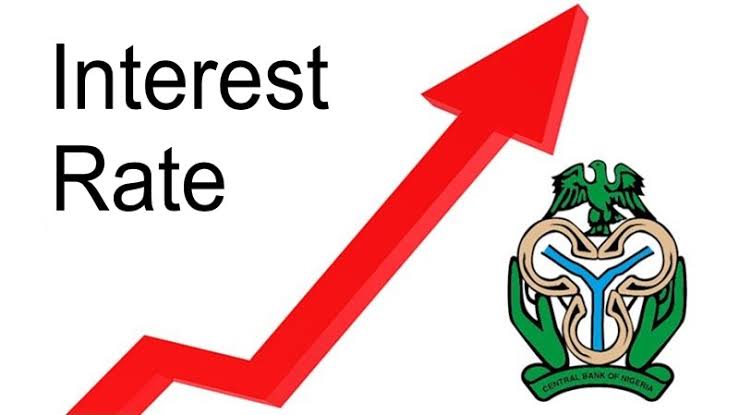Nigeria’s annual inflation rate has dropped to a six-month low in August, creating an opportunity for the Central Bank of Nigeria (CBN) to potentially halt its aggressive cycle of interest rate increases during its upcoming meeting, according to a report by Bloomberg.
The National Bureau of Statistics reported that consumer prices rose by 32.2% in August, down from 33.4% in July, aligning with the median forecast of nine economists surveyed by Bloomberg.
This decline in inflation can be attributed to several factors, including the diminishing effects of currency devaluation and the temporary removal of fuel subsidies that were implemented a year ago. These measures were part of the economic reforms introduced by President Bola Tinubu upon taking office in May 2023, aimed at attracting investment, floating the currency, and alleviating budgetary constraints.
Additionally, improved corn yields and a six-month exemption from duties on imported crops and wheat have contributed to the easing of price pressures.
It’s important to note that the data collection for this report concluded before mid-August. Therefore, the impact of a 45% hike in gasoline prices in early September, which has led to increased transportation costs, was not reflected in the latest figures.
The recent slowdown in inflation raises the possibility that the CBN may pause its tightening cycle, which has seen the benchmark interest rate surge from 11.5% to 26.75% over the past two years. The monetary policy committee is set to announce its decision on September 24, giving members time to evaluate the effects of recent currency fluctuations, severe flooding in northeastern Nigeria, and the rise in gasoline prices on overall inflation.
Food inflation also showed signs of easing, falling to 37.5% in August from 39.5% the previous month. However, core inflation, which excludes food and energy prices, increased slightly to 27.6% from 27.5%.


